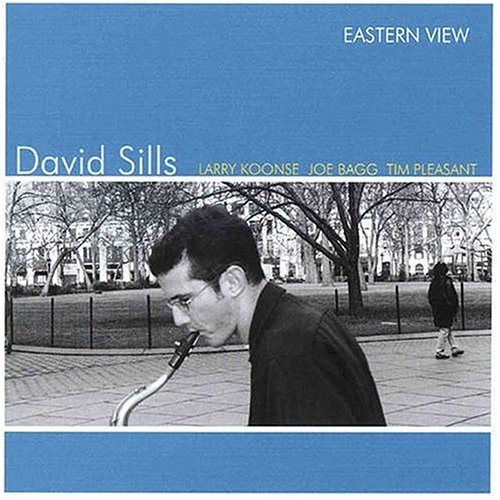
description
6The definitive account of existential psychotherapy. First published in 1980, Existential Psychotherapy is widely considered to be the foundational text in its field-- the first to offer a methodology for helping patients to develop more adaptive responses to life's core existential dilemmas. In this seminal work, American psychiatrist Irvin Yalom finds the essence of existential psychotherapy and gives it a coherent structure, synthesizing its historical background, core tenets, and usefulness to the practice. Organized around what Yalom identifies as the four "ultimate concerns of life"--death, freedom, isolation, and meaninglessness--the book takes up the meaning of each existential concern and the type of conflict that springs from our confrontation with each. He shows how these concerns are manifest in personality and psychopathology, and how treatment can be helped by our knowledge of them. Drawing from clinical experience, empirical research, philosophy, and great literature, Yalom provides an intellectual home base for those psychotherapists who have sensed the incompatibility of orthodox theories with their own clinical experience, and opens new doors for empirical research. The fundamental concerns of therapy and the central issues of human existence are woven together here as never before, with intellectual and clinical results that have surprised and enlightened generations of readers.
member goods
No member items were found under this heading.
Return Policy
All sales are final
Shipping
No special shipping considerations available.
Shipping fees determined at checkout.







